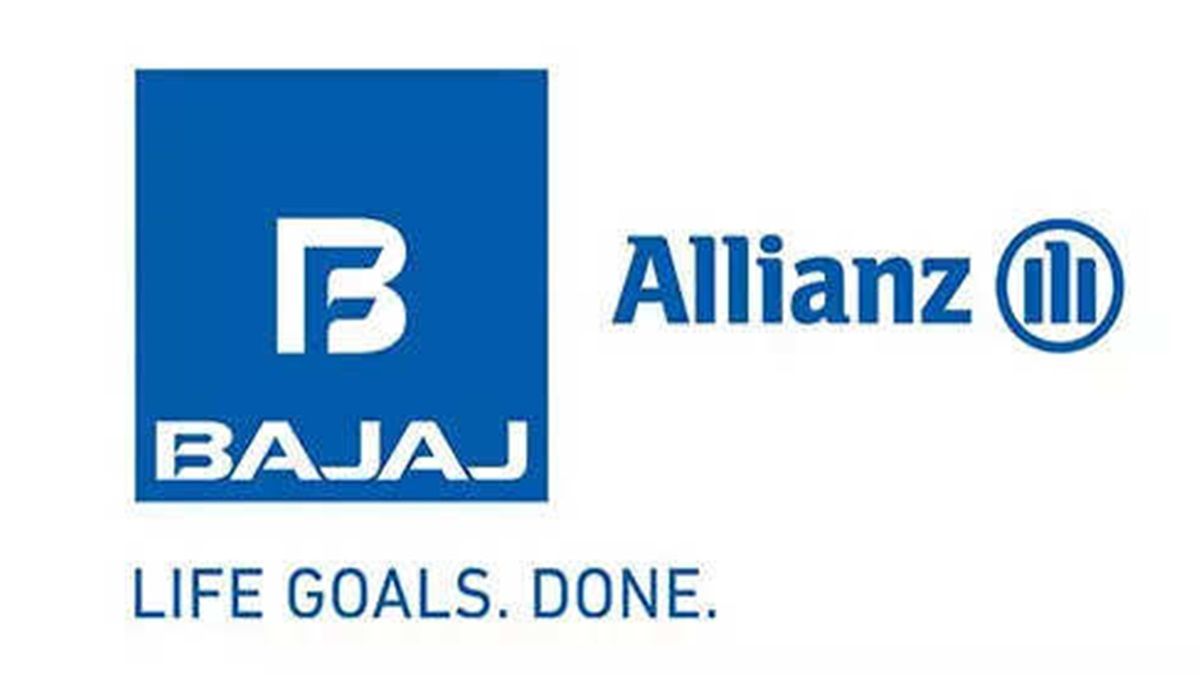Artificial intelligence (AI) is one of the top priorities of Lee Zeldin, former congressional representative for New York and newly appointed head of the Environmental Protection Agency (EPA) by newly elected President Donald Trump. In a recent post on X (formerly Twitter), Zeldin announced his intent to “liberate US energy dominance” and transform the country into the “AI capital of the world.” The EPA plays a critical role in regulating emissions that affect climate change and air quality. However, with Zeldin at the top, it appears the agency’s priorities will shift toward deregulation aimed at boosting industrial activities, particularly the growth of AI data centers, known for their high energy consumption.
Looking forward to getting straight to work as part of President Trump’s Cabinet to unleash US energy dominance, make America the AI capital of the world, bring American auto jobs back home, and so much more. pic.twitter.com/zGGLIRMrd6
— Lee Zeldin (@leezeldin) November 12, 2024
Environmental organizations such as the Natural Resources Defense Council (NRDC) have expressed concerns about Zeldin’s appointment. Manish Bapna, president of the NRDC, commented: “We can meet the demand for data centers without eliminating environmental regulations that reduce pollution from power plants.” Environmental organizations fear that the EPA under Zeldin’s leadership will relax environmental regulations to benefit the energy and technology sectors, to the detriment of public health. Trump’s last term in the White House was characterized by the reversal of more than one hundred environmental regulations, with a government team geared towards aggressive deregulation. With Zeldin at the helm of the EPA, many expect the agency to further reduce regulations to accelerate economic growth while still ensuring a minimum of environmental standards, as Trump reported on Truth Social.
Zeldin is no stranger to clashes with environmental groups. The League of Conservation Voters (LCV), which evaluates legislators based on their environmental choices, gave Zeldin a very low score, just 14%. During his political career, Zeldin has received substantial funding from the oil and real estate industries, which represent sectors closely linked to Trump’s policies. Seth Gladstone, director of public affairs at Food & Water Watch, underlined how Zeldin’s past highlights a strong alignment with Trump’s policies, deemed “anti-science and pro-polluters”. However, some activists hope that Zeldin can find a balance. Julie Tighe, president of the New York League of Conservation Voters, pointed to her opposition to offshore drilling as an example of a possible rallying point on issues of common concern.
Data centers, essential for training AI models, require massive amounts of energy. Recent studies indicate that data center energy demand could increase 160% by 2030. Although many technology companies are investing in renewable sources, the growing demand for fossil fuel energy remains a significant challenge for the EPA. The previous Trump administration had already eliminated some environmental regulations, such as Obama’s plan to reduce emissions from power plants. Although the Biden administration has sought to reintroduce tougher standards for coal plants, Trump’s re-election could mean a reversal of these policies.
“Trump has already tried to weaken the EPA and now he is asking Zeldin to roll back dozens of regulations that protect clean air and water,” said Jeremy Symons, a former EPA adviser. Environmentalists’ concerns include the possibility of seeing the collapse of long-standing environmental regulations, although many hope that Zeldin can recognize the importance of a balanced approach to ensuring both economic development and the protection of public health and the environment. With Trump’s new mandate and Zeldin’s approach to leading the EPA, the country may find itself having to choose between deregulation in the name of economic competitiveness and the protection of natural resources, essential for the quality of life and health of its citizens. American citizens.








